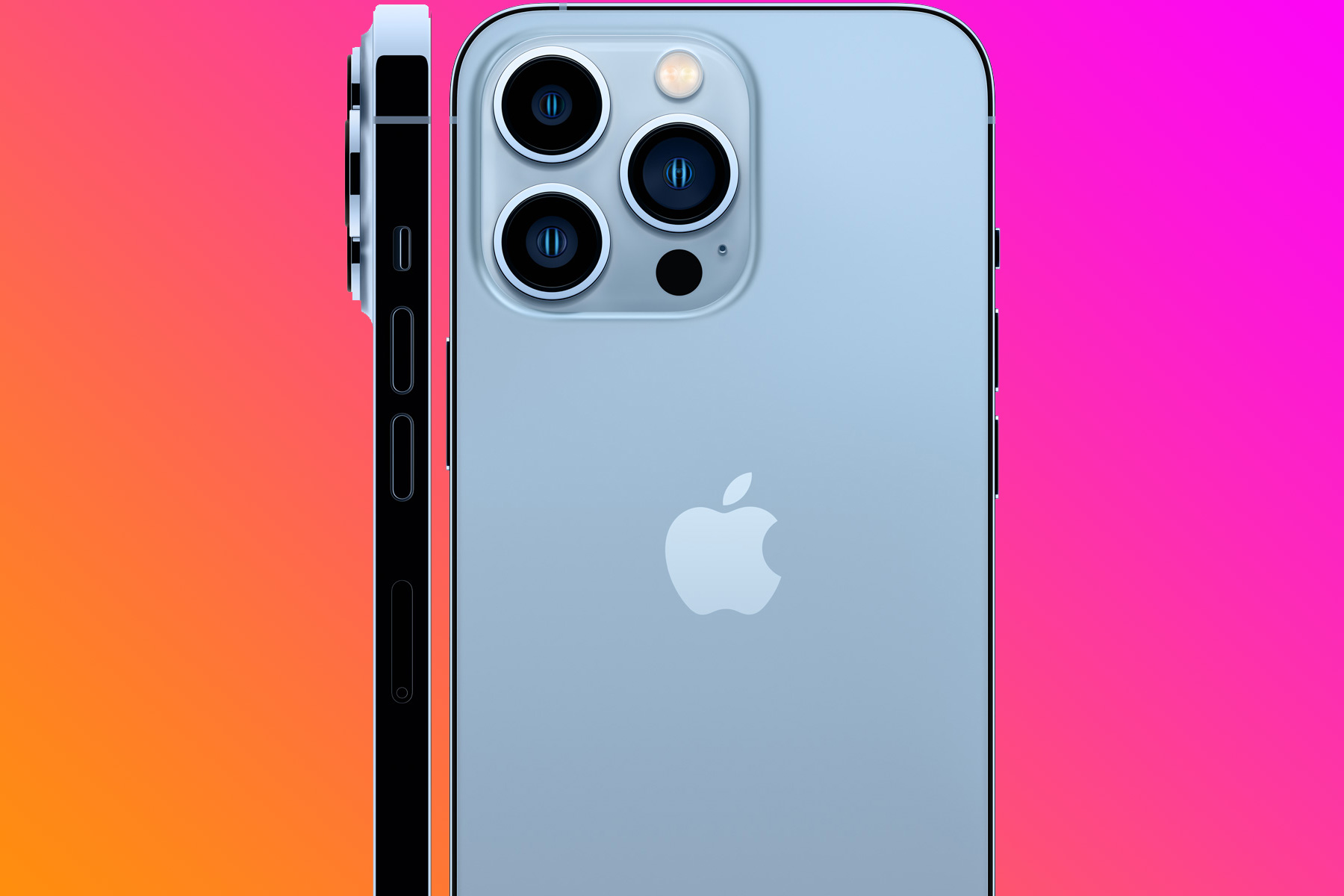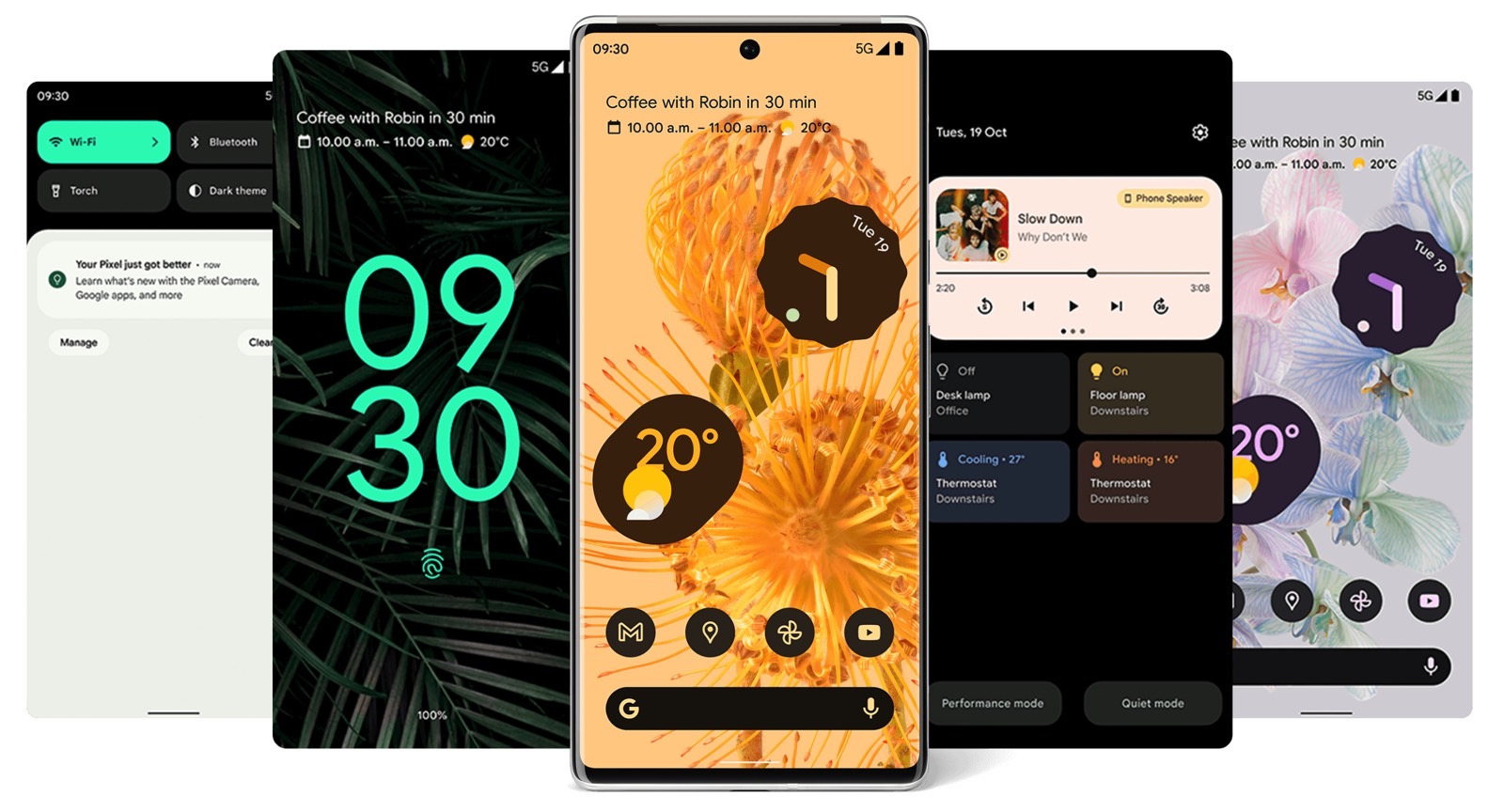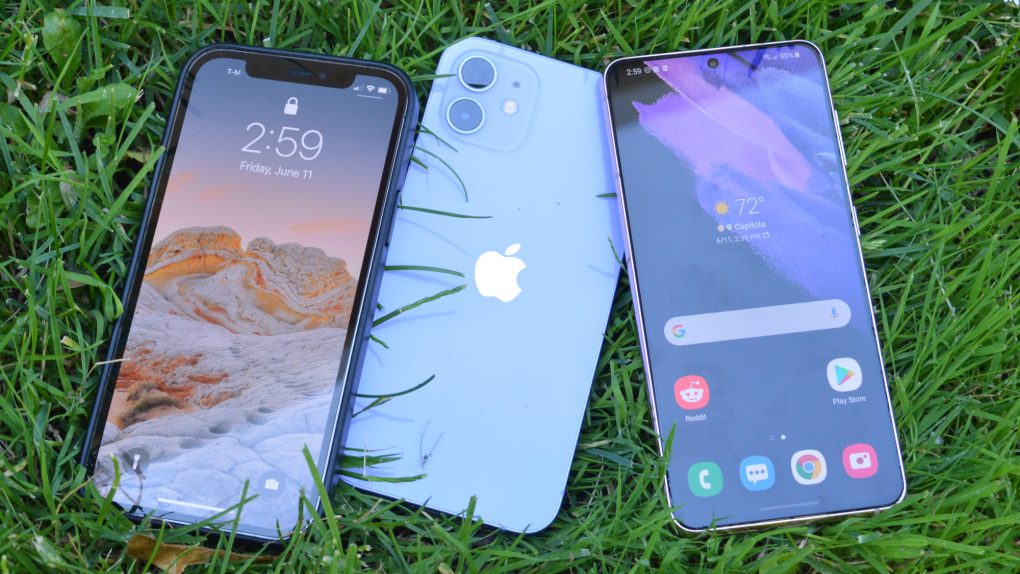The latest reported benchmarks for the Samsung Galaxy S22 make the newest Snapdragon 989 chipset sound disappointing.
The benchmarks, which were discovered on Geekbench by Aroged, show a total score of 1,163 on the single-core test, with 2,728 on the multi-core test. Compared to last year’s Galaxy S21 Plus, the single-core score has improved, but the multi-core results are somewhat lower than what the 3,300 score the S21 Plus was able to achieve.
Samsung Galaxy S22 benchmarks compared to iPhone 13 Pro Max

The upcoming Samsung flagship looks to be underwhelming compared to the latest iPhone. The iPhone 13 Pro Max is considered the most powerful phone on the market right now, having scored 1,720 in single-core and 4,549 in multi-core tests. Based on the benchmarks we’re seeing right now; Samsung still has a lot of work to do if the company wants to beat out Apple’s performance.
The benchmarks also revealed that the S22 model here is running 8GB of RAM. That’s the same amount of RAM seen in last year’s S21 Plus. It’s interesting to see such a huge difference in its overall performance thus far.
Of course, it is important to note that these benchmarks are from a pre-release device. The device could still be awaiting optimizations and updates before its full release. Samsung also plans to launch a version of the S22 with its Exynos 2200 chipset. It’s possible that the chip could provide a performance advantage over the iPhone. No benchmarks for an S22 running that SoC have surfaced yet, though.
Galaxy S22 benchmarks could improve

But the Galaxy S22 isn’t just being beat by the iPhone. As mentioned above, the multi-core scores for the S21 Plus rated higher than the S22. Likewise, benchmarks from the OnePlus 9 Pro run similarly higher in multi-core scores. That phone scored 1,126 in single-core and 3,685 in multi-core. That device included the Snapdragon 888, where the new S22 will run a Snapdragon 898.
The results we’re seeing right now are from an early device, though, and tech folks expect those numbers to be higher than the previous generation once release benchmarks arrive. Even if Samsung manages to optimize performance and improve the S22’s benchmarks, it’s unlikely it will beat the iPhone 13 Pro Max.








